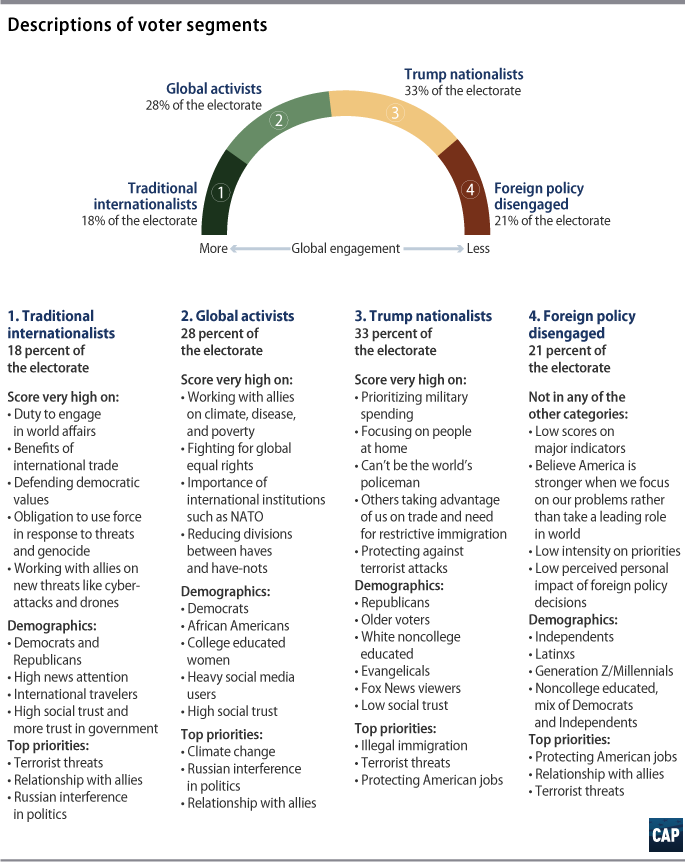The GOP’s New Red Scare
Why the Conservative Politics of Fear on China Won’t Expand Voter Support at Home
Donald Trump still owns the Republican Party – that was the main headline from last weekend’s Conservative Political Action Conference (CPAC). The event demonstrated just large Trump’s shadow looms over the GOP, with possible presidential rivals kowtowing to the so-called “America First” themes Trump has hammered for five years now.
The conference also showcased the central trend in conservative circles: bashing China and painting the Biden administration as soft on China, only about a month into his administration.
Here are four reasons why this conservative effort to use the politics of fear playbook on China won’t likely bear political fruit at home:
1. China is a lower voter priority compared to other issues, including Republican voters.
As the recent Pew poll showed, most Americans are more focused on protecting American jobs and defending the country from terrorist attacks and pandemics – China is a mid-level concern, even among Republicans.
At best, the issue is a base activator among nationalist conservatives who strongly support Trump, representing about one third of the American electorate, according to this extensive research done on voter attitudes.
That’s a sizeable chunk of voters–but it doesn’t offer a clear pathway for growing political support for the other key camps of voters–global activists (28 percent) who are fixated on climate change, traditional internationalists (18 percent) who favor diplomatic engagement in general, and the disengaged, who couldn’t care less about most foreign policy issues. These other categories of voters aren’t as animated about China, and right-wing political advocacy efforts aren’t likely to move them.
2. Conservative messaging on China is all over the map.
Most Americans see China as America’s top competitor in the world. But conservative messaging on China is all over the map–is it about jobs, coronavirus, technology, military dominance, global economic competition, weak allegations of Biden family corruption, freedom, climate change, or human rights?
All of these are important issues, but if the political message is “all of the above” then it’s not a clear message.
3. There’s little to brag about in Trump’s record on China.
Four years of Trump in office didn’t improve America’s position against China in any clear way. Yes, Team Trump took many actions on China, but many of these erratic moves were hampered by his own flip-flops and were disconnected from a strategy. There was certainly many Tweets and a lot of noise, but Trump lost the trade war with China and got America taxpayers to foot the bill.
4. Biden appears ready to approach China from a position of strength rather than weakness and grievance.
It’s too soon to judge, but the Biden Team is positioning itself to put forward a more coherent and comprehensive approach on China than Trump did. This won’t stop conservative critics from braying about alleged weakness on Biden’s part – which is why the Biden team and its supporters should mount a communications effort to tell Americans where we are headed on China.
To be clear, China represents a major strategic policy challenge on multiple fronts – and most Americans are concerned about China’s increasingly aggressive approach in the world. It is important to educate the American public about what China is doing, but with a proper sense of proportion. As with other important national security questions, anything can happen in the real world like a confrontation with China that could change the current dynamics.
But the emerging propaganda efforts on the right aren’t likely to connect with voters because voters are focused on other issues and the messages being conveyed are incoherent. For the moment, China isn’t like to play out politically the same way the political efforts on communism and terrorism did in previous eras.




